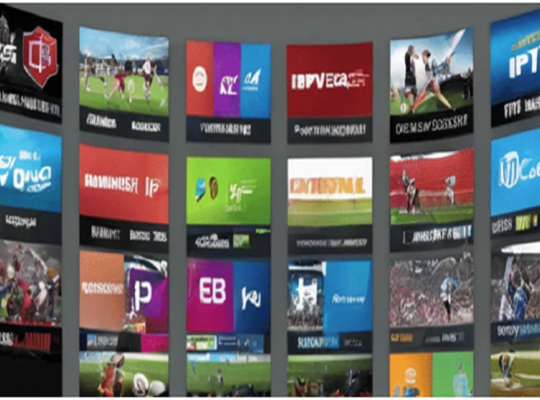But chances are we don’t quite understand what it is or how it works. SEO is basically the art of optimizing the content you post so that your website appears higher in search engine results. It increases traffic to your website, the number of people who engage with your brand, and hopefully the number of sales.
SEO is a crucial and complex part of modern content marketing. It doesn’t take a lot of SEO knowledge to make a big impact on your marketing results. After all, 93% of all online activity begins with a search engine . Even more telling is that 75% of people who search for something online never click past the first page of results. SEO is therefore important if you want your business to be visible online.
This makes it a powerful tool for your brand image. This is also a growing area in the digital marketing industry. According to our recent State of Content Marketing Report , 44% of content marketers surveyed say that improving the SEO performance of their content is one of the top challenges for their business. Additionally, 67% of respondents believe that search engine optimization is the best tactic for improving content performance. And 73% say they regularly use SEO tools to optimize their content marketing efforts.
So, as 2021 approaches, people who pride themselves on having SEO skills are in high demand. But how do you acquire these skills? Keep reading to learn how to become proficient in this area.
In this guide, we’ll go over the things you need to master to become an SEO expert:
Step 1. Learn how search engines work
People use search engines to search for any number of questions or terms. Your searches can range from “When do we switch to daylight saving time?” to “Vintage corduroy jackets” to “Where to vote?” Within seconds, you have your answer. And not just an answer. Your search results often direct you to dozens, sometimes hundreds, of websites related to what you typed into the engine. How does it work?
Search engines have three main functions :
Crawl: Search engines use crawlers, often called “bots” or “spiders,” to navigate the Internet and read the content of billions of web pages.
Index: These crawlers collect and organize content discovered during the crawling process into a database. Once indexed, these web pages can be found during Internet searches.
Rank: Each indexed page is evaluated to determine its content and relevance to each search query. For example, if you live in New York and search for “independent bookstores,” your search will direct you to stores near the Big Apple rather than those in other areas.
Google’s search algorithms consider various factors to return these split-second results to users. Its ranking systems evaluate hundreds of billions of web pages in milliseconds to present you with the most relevant information.
Google’s systems carefully examine the words you use, the order in which they are used, and even their spelling to determine the most relevant results. For example, a search for “where to buy a bike” will return similar but different results to “how to ride a bike”. Its algorithms know how to tell the difference between the two despite the similarity of the terms used. The system recognizes the keywords used to determine search intent and crawls the web to find those words on indexed pages.
Search algorithms also rank the quality of indexed web pages before displaying your search results. Google’s systems are designed to recognize specialized information and pages that appear authoritative on the topics they present. It also tracks web pages visited by other people doing similar searches. The goal is to present the most trusted web pages at the top in any search.
The usability of the page also plays a role in its ranking during searches. If it’s hard to read or navigate, no matter how good the content is, it may show up lower in a search.
Step 2. Build Your Core Skills
- To become an SEO marketing expert, you will need to develop several basic skills to be successful in this field.
- Keyword research: You might be able to guess some search terms that people use on various topics, but doing your own keyword research is crucial for SEO success. By doing your keyword research, you can figure out what words people are looking for rather than guessing. You can then use these words in your web content to improve your search engine rankings.
- On-page SEO optimization: This practice optimizes the content of your web page in order to improve the ranking of your website in search engines. Some ways to do this include adding keywords and power words to your content, using metadata, and including title tags.
- Coding basics: You don’t have to be a coding expert, but you should be able to look at a site’s source and identify key features (for example, if a backlink to your site is follow or nofollow link).
- Link building / backlink generation: Link building occurs when the content of other websites includes hyperlinks to your web pages. These important







